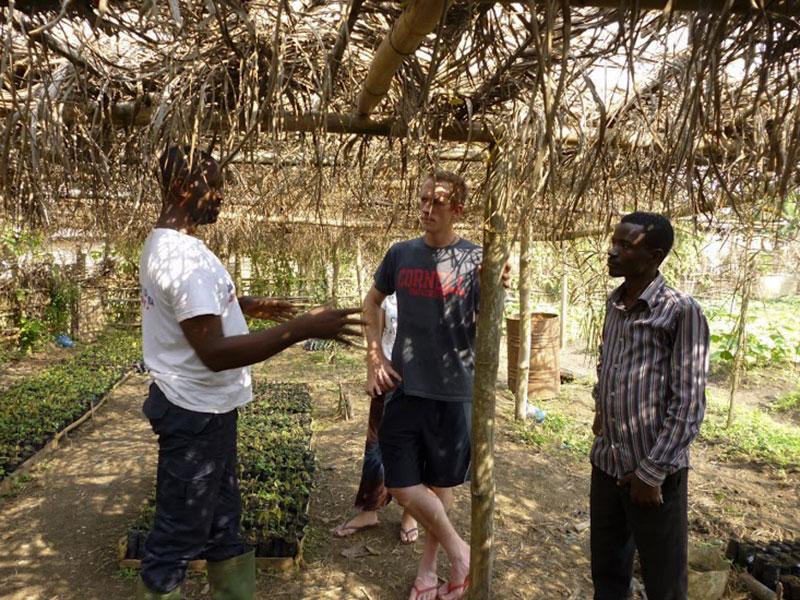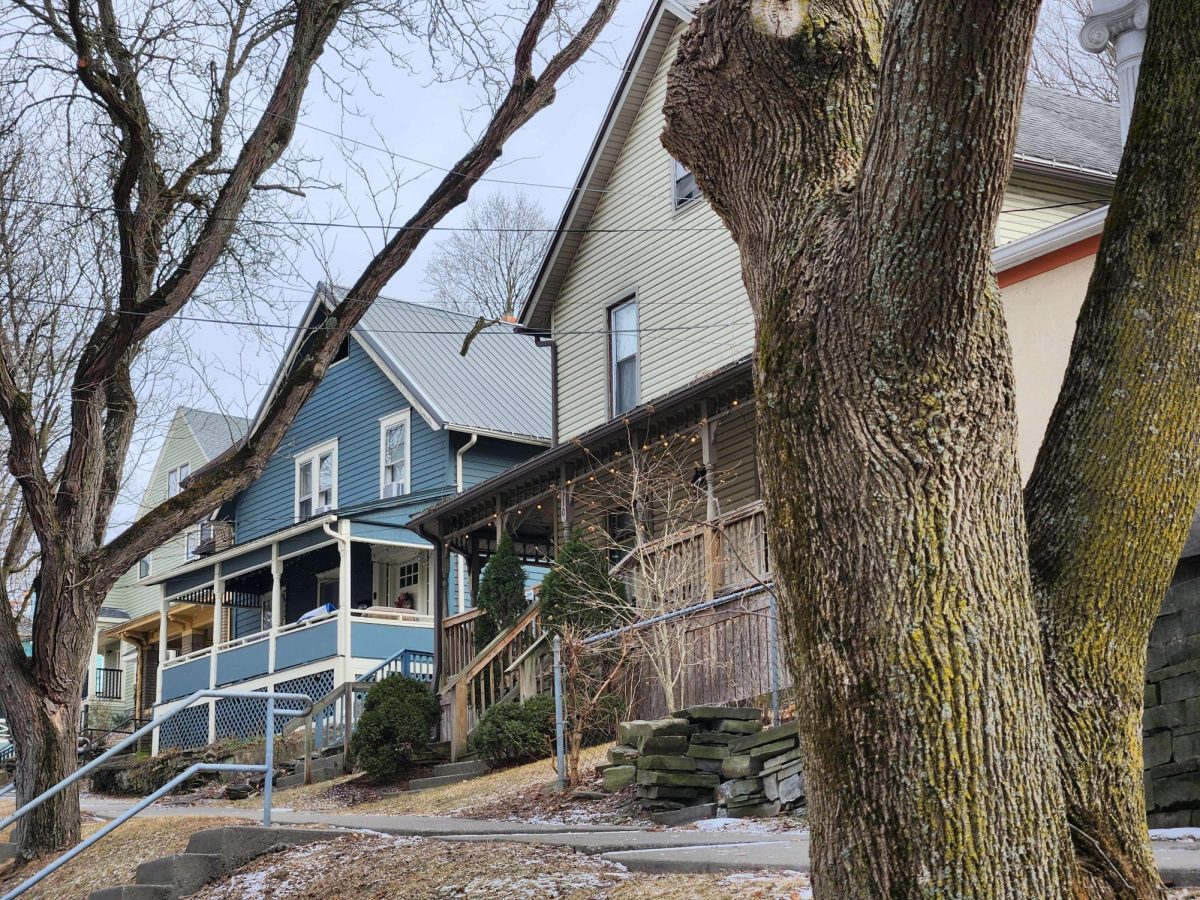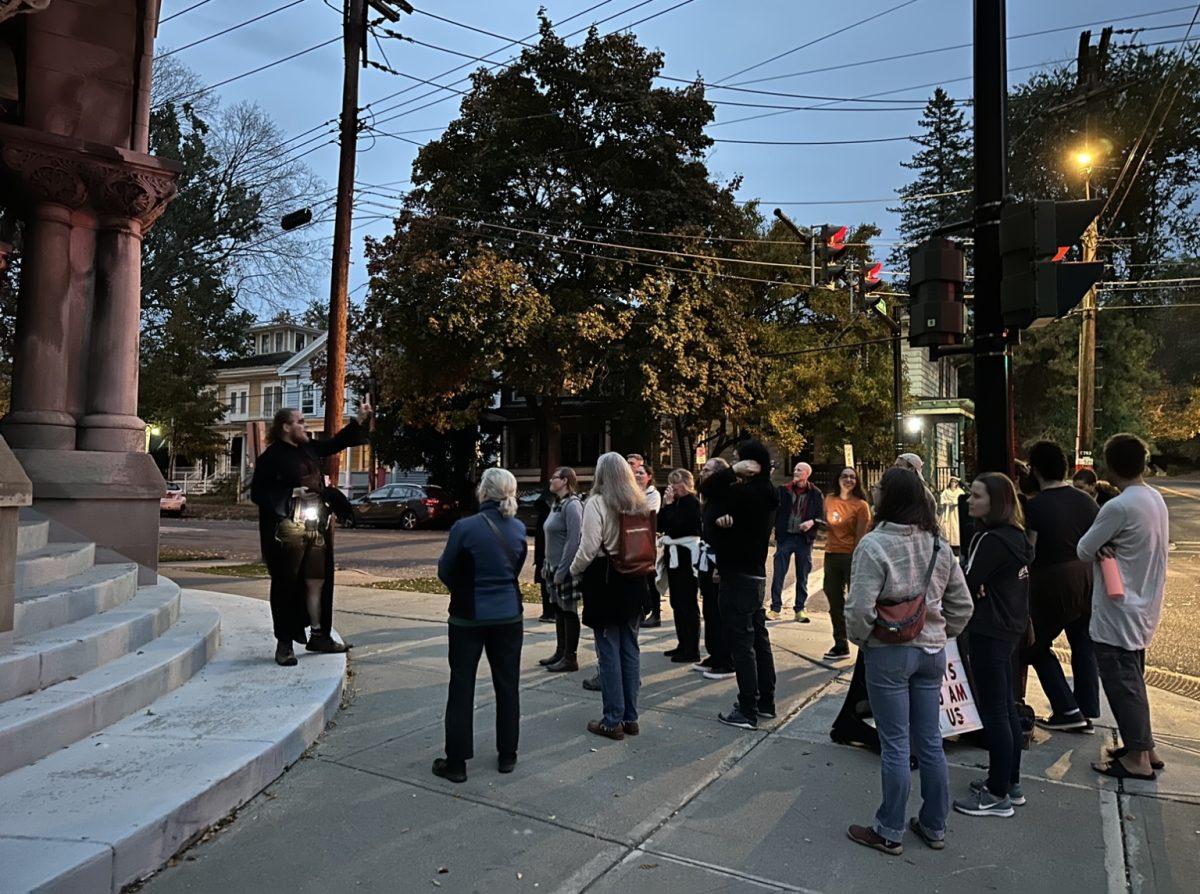Smith, a 32-year-old senior, established The Bekondo Foundation after visiting the village last summer as a volunteer consultant for WebDev, an organization that trains rural entrepreneurs to develop sustainable environments in underserved areas. He put forward his plan last month to both the Bekondo village chief and general council.
“I presented a framework of what we wanted to do,” Smith said, “which is to create an open-access research farm for the farmers to see how sustainable farming works and how they can reduce their dependency upon agrochemicals.”
Cameroon is the world’s fifth-largest cocoa exporter. Farmers currently borrow agrochemicals at a rate of 200 percent market value, and because they cannot afford to pay up front, they are charged an additional 4 percent interest during harvest season, which results in meager profits. Organic production would reduce this dependency, Smith suggested.
The Cornell Computer Reuse Association (CCRA), an organization dedicated to refurbishing and donating computers to those in need around the world, partnered with Smith to establish computer centers in Bekondo where growers will be able to learn chemical-free disease and pest management techniques, as well as financial planning.
The CCRA plans to donate 20 computers to the village, which will begin shipping out in March, according to President Amy Allen.
“It’s really great to see someone like Tim being able to take initiative and provide access to technology that is so desperately needed in that region,” Allen said.
The next step for Smith is to purchase land for the farm, and while in Bekondo, he found two parcels that will cost about $10,000. Back at Cornell, he is raising funds and said he hopes to acquire $50,000 for startup costs by May.
While exploring a vast range of fundraising efforts, Smith is also contacting businesses for potential partnerships. He recently brought cocoa beans back from Cameroon, which he made into chocolate and plans to sell. An Ithaca chocolate event is also in the works where local chocolatiers will be able to feature their products, he said.
Darlynne Overbaugh, owner of Life’s So Sweet Chocolates in Ithaca and Trumansburg, said she has placed a large emphasis on quality since she started her business in 2007.
“One of the really important aspects of my business for me is utilizing quality cocoa beans,” Overbaugh said. “It’s got to taste good.”
Overbaugh said she tries to be cognizant of issues in the cocoa industry, such as sustainability and child labor. She makes her Ithaca bark products from Kallari chocolate, a collective of Ecuadorian cocoa farmers who sell their own chocolate and focus on community development and environmental conservation.
By reaching out to cocoa importers and chocolatiers, both local and national, Smith is also fostering connections between buyers and Cameroonian farmers to develop a co-op. That way, when the growers eventually have high-quality cocoa beans to sell, they will already be linked to businesses independent of major exporters, he explained.
“I hope to establish these connections for them, and to provide resources and education so that I can leave,” Smith said. “It will be up to the Cameroonians to decide what they need next.”
Photo courtesy of Timothy Smith













